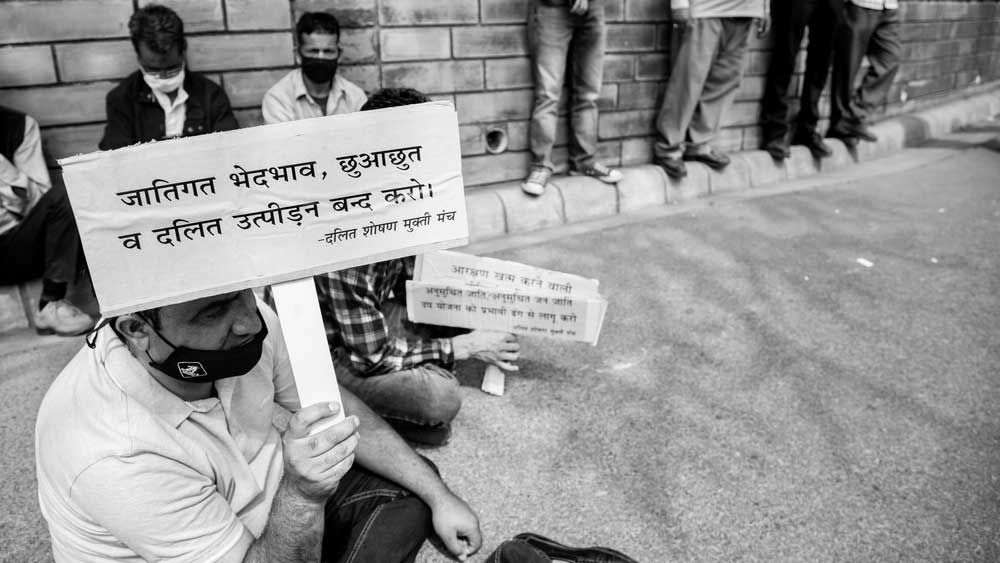Education does not erase caste discrimination. The question is: does education nurture it? Reports of discrimination from upper-caste groups against Dalit students in some prestigious American universities have led to changes in their non-discrimination policies. Harvard, California State, Brandeis and Brown Universities have all added caste to their list of potential bases for discrimination. Apart from the deep shame that this should bring upon Indian social practices and educational failures — the lack of shame is the reason for the persistent evil — it lays bare one of the most sinister features of oppression. The universities overseas represent high achievements in learning and research. The presence of Dalit and tribal students there would indicate the intellectual heights they have attained in spite of hurdles at home. That excellence in education is no preventive against discrimination suggests that such oppression is deliberate, manifesting an inherited will to retain social dominance. It is, perhaps, fractionally less unexpected that such discrimination is experienced in some of the most prized institutions of training in India as well. The Indian Institutes of Management have clubs for various activities, for example, where older members select new ones. Not just complaints but also the lack of caste diversity in these clubs reveals the perpetuation of caste prejudice.
India’s tragedy lies in the fact that young people who are privileged enough to acquire so-called modern education are instrumental in or perpetrators of caste oppression. The Constitution saw this as historic injustice more than seven decades ago, yet little has changed. Various mechanisms to right the wrongs together with the system of reservations may have provided scheduled castes, scheduled tribes and other backward classes with some improved opportunities; it has to be asked whether there has been a hardening of discriminatory attitudes through subtler ways as a reaction. The transmission of these attitudes is not always obvious or visible. The six older IIMs, for instance, do not have the equal opportunities cell that has been made mandatory by the University Grants Commission for all higher educational institutions. India is not lacking in laws and policies against discrimination. But faith in equality and humanity is not an external matter alone, neither is it a ruse to garner votes. Political will and the appropriate educational base are urgently needed to fight casteism.











